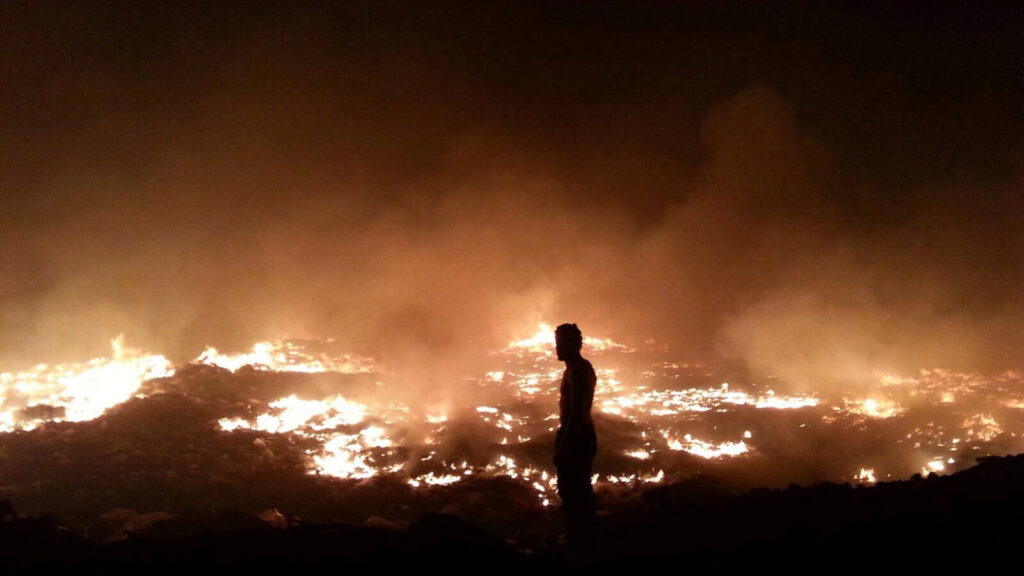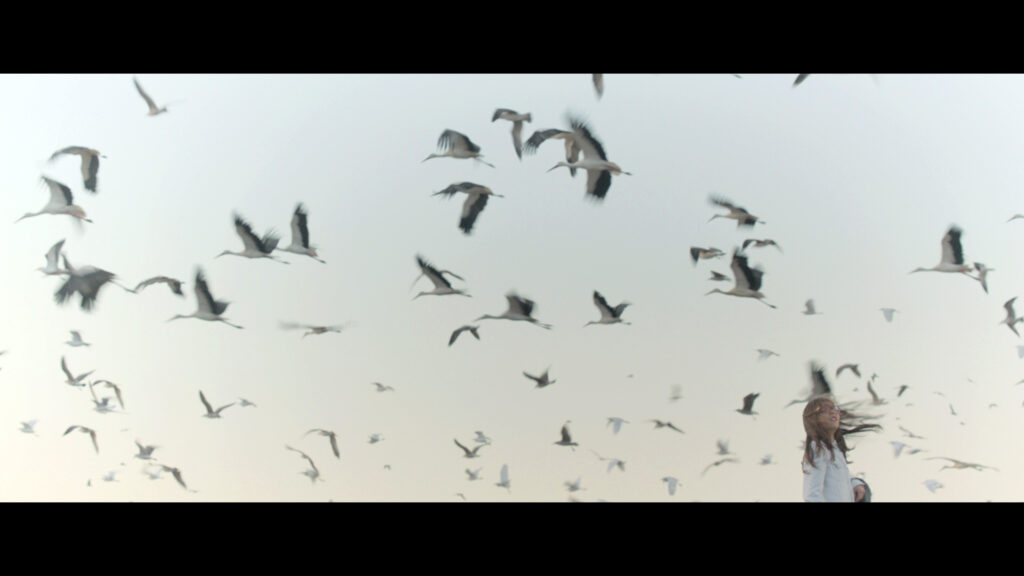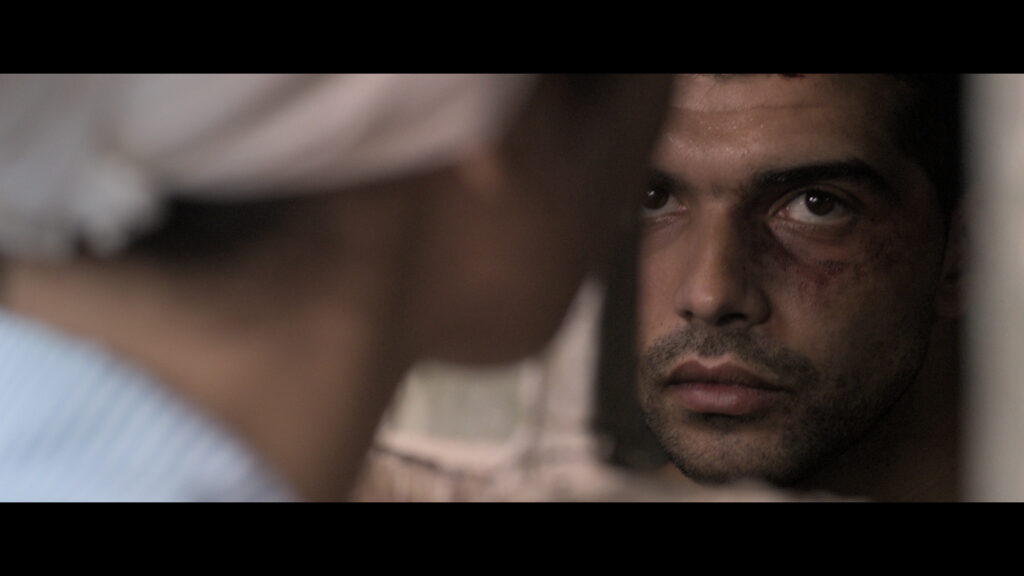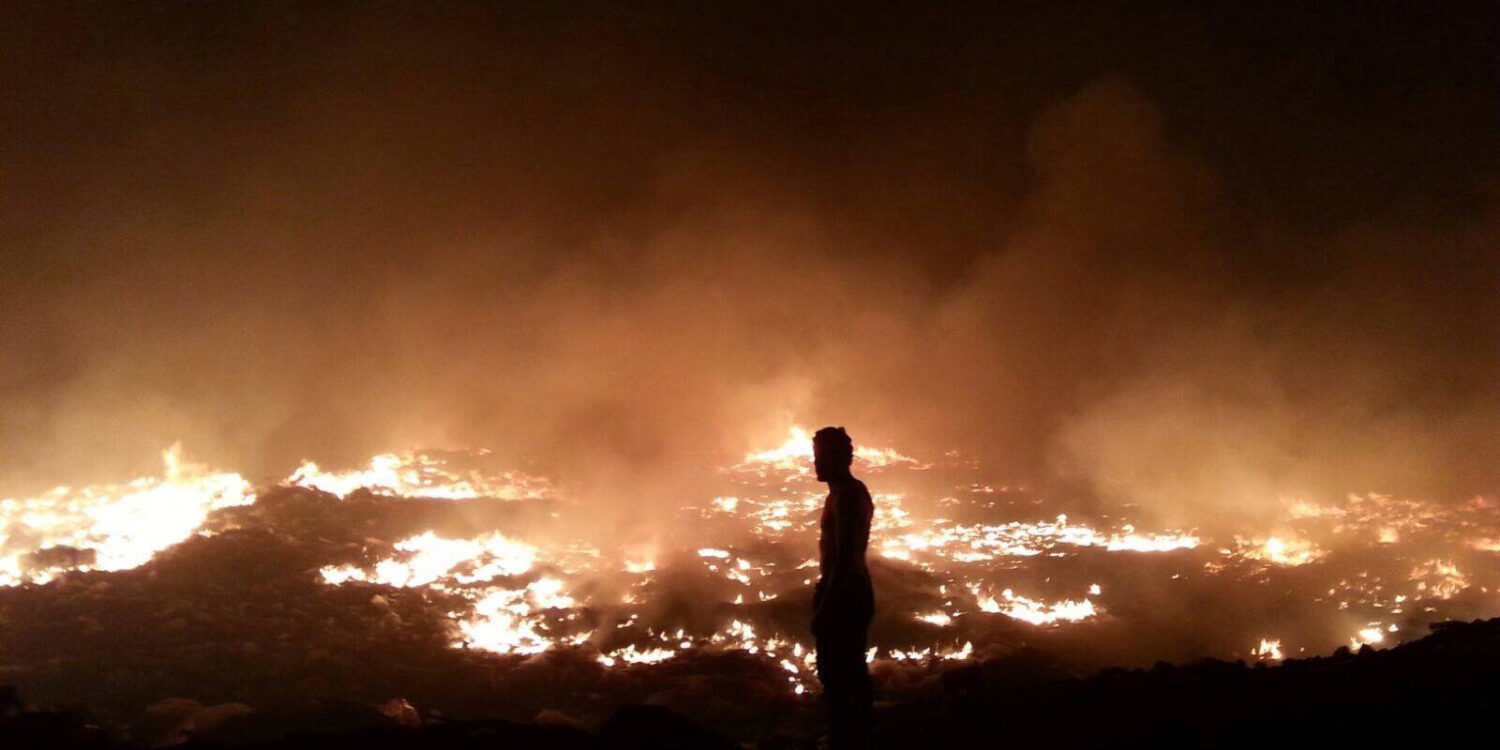Throughout the film festival, we’ll be bringing you bitesize, behind-the-scenes, blogs to read. Written by Ja’far ‘Abd al-Hamid, a writer-director, with a focus on Arab British stories. His latest feature film, Kal & Cambridge, is scheduled for release next year.
Explore the full programme here, SAFAR Film Festival runs from 29 June to 9 July across 9 cities in the UK.

High and Low
I am hastening my pace along the edge of the Aldwych crescent to catch a glimpse of Bush House, the former home of the BBC World Service. Every time I go past the imposing doors between grand neo-classical columns, I imagine my childhood self in the back of my dad’s car in Beirut, Damascus, or other Middle Eastern cities where we lived, with the radio tuned to the BBC Arabic Service.
This evening, my maps app commands me to turn into Drury Lane before I get to Bush House.
I follow the app, until I see a congregation of familiar and new faces standing and talking in the distance. I am at my destination.
With its intimate 1930s design, The Garden Cinema in Holborn is a charming new addition to the SAFAR Film Festival locations map.
The automatic glass doors slide open and I find Amani Hassan, Programme Director at the Arab British Centre, chatting with a lady near the tickets kiosk. I say hello. I don’t wish to take up any of her time; I can only imagine the magnitude of the workload she and her team are managing during these busy festival days. I remember a festival director once telling me that what he misses most during his festival is actually sitting and watching a whole movie through, without needing to leave the auditorium for one urgent admin issue or another.
Festival Curator Rabih El-Khoury introduces this evening’s film Birdland (Dir. Leila Kilani, Morocco 2023). He talks about the director’s previous work, and mentions the next Moroccan film to screen at the festival, The Damned Don’t Cry (Dir. Fyzal Boulifa, 2022).
Birdland opens with the voice of Lina, a young girl, who views her world through the lens of a mobile phone, which she utilises in her prolific social media posts.

She tells us about her dead mother, her father Anis, and the bond she has with him over monitoring and caring for wild birds that migrate through her family’s vast ancestral land near Tangier.
Her father’s philosophical attitude to the world around him is contrasted by his mother, the girl’s grandmother, nicknamed the “Marshal”.
In a visual motif reminiscent of Akira Kurosawa’s High and Low (1963), the “Marshal” gazes down from her hilltop mansion over the valleys and woods of her property, and the village beyond its boundary.
It soon becomes clear that the land is an issue of contention, both between the wealthy family members, and also the perceived threat of the land being taken over by workers and people in a nearby village.
Within the family, the “Marshal” is desperate to offload the land; she has a buyer lined up. The sale exposes the discord within the group, with the little girl’s father being the most vehement opponent of the transaction.

Watching the ending, I am reminded of the last scene in The Act of Killing (Dir. Joshua Oppenheimer, 2012), sharing with Birdland one of the lead characters’ consciousness awakening, which overflows into physical convulsions.
By the time the credits roll, I find myself tearing up like a couple of people seated next to me.
Outside the auditorium, I say hello to two festival team members as Becky Harrison, Programme Manager at the Arab British Centre, joins us.
We discuss the film, and I posit my case that in this highly allegorical work the grandmother, or the “Marshal”, is also trapped; on the surface, she’s desperate to sell the land, in order to be able to move to Marrakech. But then again, leaving the land behind, she would leave so much else too; she would be free to fly away like the birds that migrate through the woods and valleys below her hilltop perched mansion.
I feel my audience is willing to entertain the theory.
Saeed Taji Farouky, the Palestinian-British Director of the beautifully titled award winning documentary Tell Spring Not to Come This Year (2015), greets Becky. I cut in, as I am wont to do in many a social setting, and say Salam.
On the way out, I catch Saeed getting ready to head home. We chat, and I share with him the story of how, several years ago, the poetic title of his documentary had initially drawn me to his film when I saw it in a long list of movies.
Tomorrow, I am back at The Garden Cinema for the Egyptian film 19B (Dir. Ahmad Abdalla, 2022).

